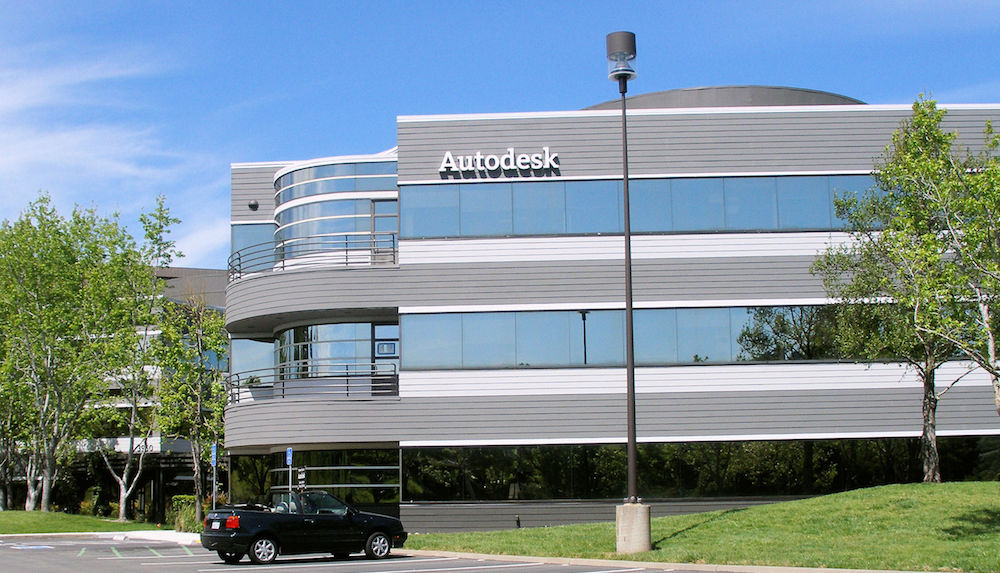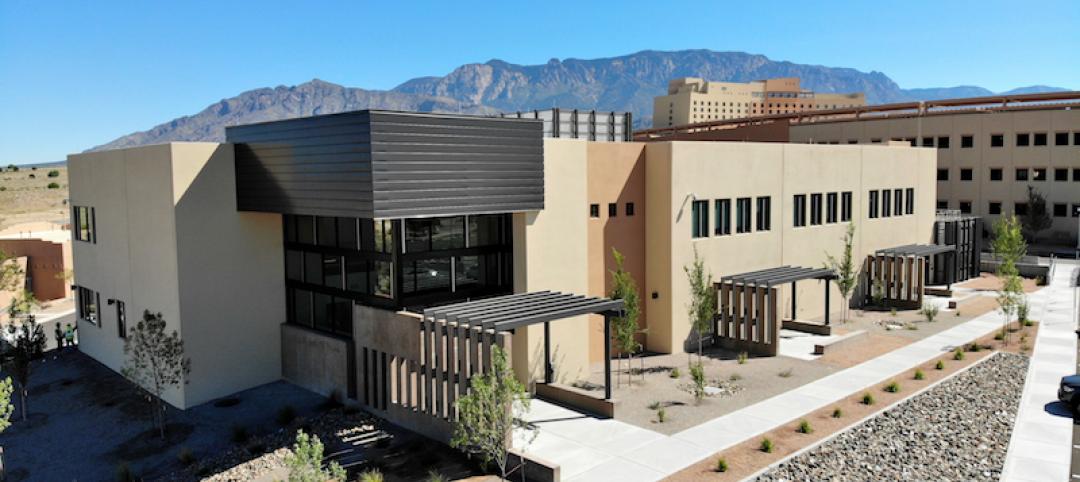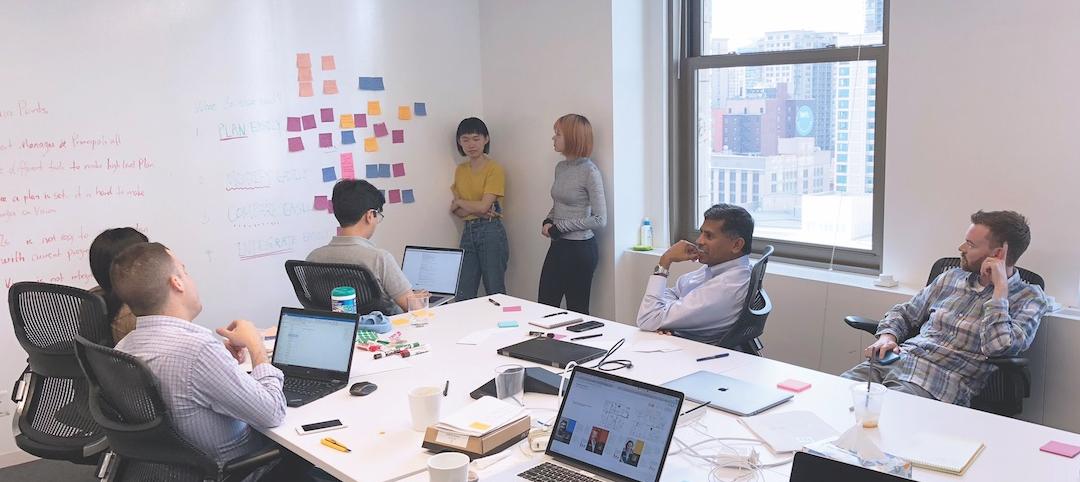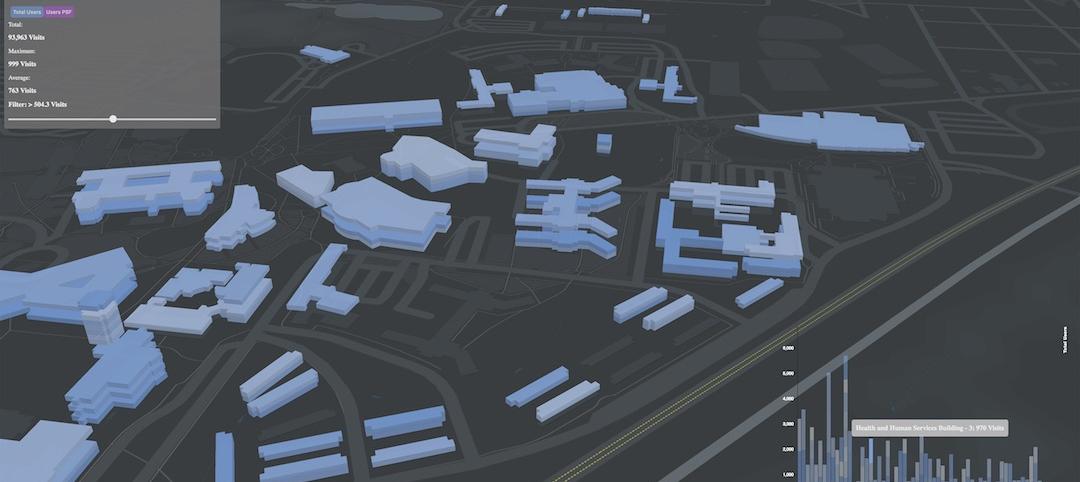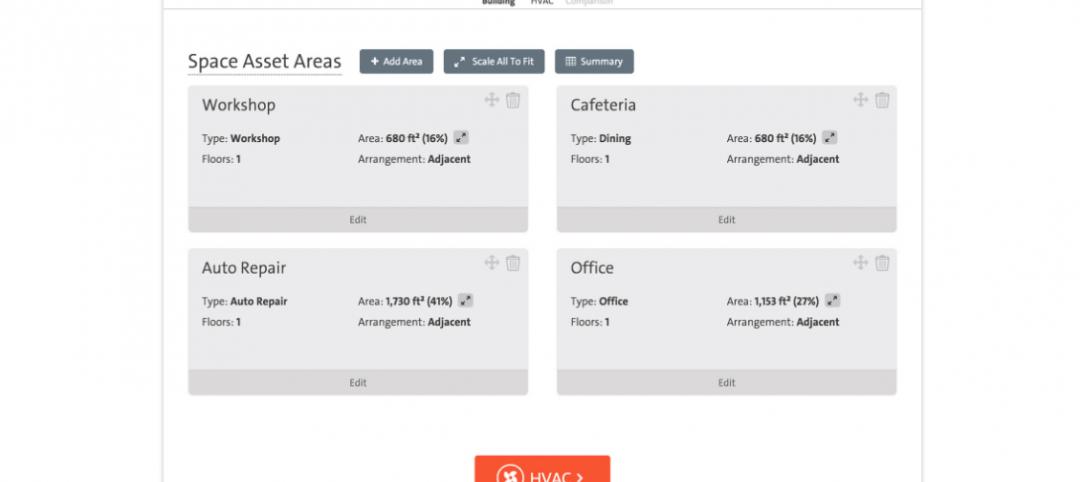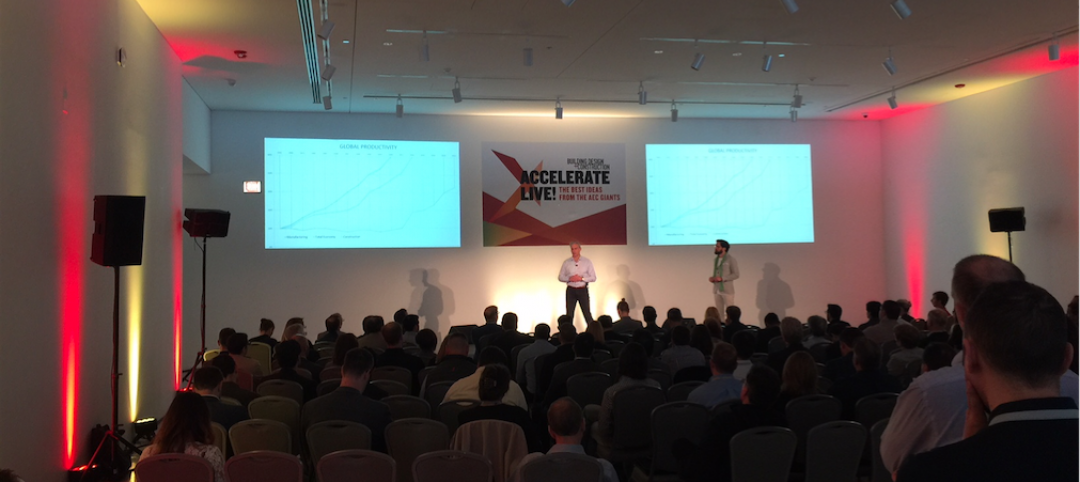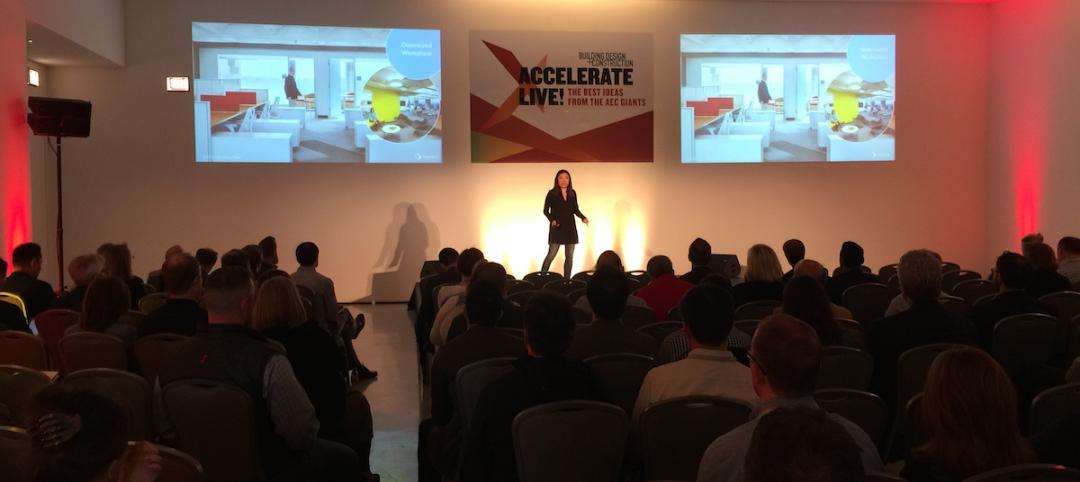Responding to customers who have been pushing them for greater workflow efficiencies when using their products together, Autodesk and Trimble have entered into an interoperability agreement that enables both companies to share Application Programming Interfaces (APIs) and developer tools for products in their respective portfolios.
The collaboration is also meant to show each company’s commitment to supporting open industry standards such as Industry Foundation Classes (IFC), and Construction Operations Building Information Exchange (COBie).
Autodesk and Trimble have similar arrangements with Bentley, and Autodesk recently struck an agreement on the manufacturing side with Siemens.
“We want to allow our customers to focus more on projects and spend less time moving data between Autodesk and Trimble products,” explains Jim Lynch, Vice President for AEC Product Development at Autodesk’s Boston office. He says this agreement will help “fill the API gaps.”
Tighter product-to-product integration can enable AEC users to share models, project files, and allow for the reuse of information throughout all phases of a project.
Lynch says the two companies have been working on this agreement for more than a year. His main contact at Trimble was its Vice President Bryn Fosburgh. Another key person in developing this agreement was Nicolas Mangon, Vice President of AEC Strategy and Marketing at Autodesk.
Lynch tells BD+C that this agreement does not entail any financial arrangement between the two suppliers, nor does he anticipate that either company would need to set up a separate team or department.
“Trimble benefits by our customers benefiting,” says Mark Sawyer, General Manager of Trimble’s General Contractor/Construction Management division.
Sawyer adds that going forward, each company will have access to the other’s APIs to test. Trimble also has an advisory group of customers that is likely to be involved in the testing.
Lynch expects that the industry will continue to pressure software vendors to develop products that integrate seamlessly. Sawyer agrees, and thinks the most immediate streamlining will be evident in document and data management, and BIM-in-field. But, he cautions, don’t expect interoperability agreements such as Autodesk-Trimble to be “wildly prolific,” either.
Related Stories
Sponsored | BIM and Information Technology | Oct 15, 2018
3D scanning data provides solutions for challenging tilt-up panel casino project
At the top of the list of challenges for the Sandia project was that the building’s walls were being constructed entirely of tilt-up panels, complicating the ability to locate rebar in event future sleeves or penetrations would need to be created.
BIM and Information Technology | Aug 16, 2018
Say 'Hello' to erudite machines
Machine learning represents a new frontier in the AEC industry that will help designers create buildings that are more efficient than ever before.
BIM and Information Technology | Aug 16, 2018
McKinsey: When it comes to AI adoption, construction should look to other industries for lessons
According to a McKinsey & Company report, only the travel and tourism and professional services sectors have a lower percentage of firms adopting one or more AI technologies at scale or in a core part of their business.
BIM and Information Technology | Jul 30, 2018
Artificial intelligence is not just hysteria
AI practitioners are primarily seeing very pointed benefits within problems that directly impact the bottom line.
AEC Tech | Jul 24, 2018
Weidt Group’s Net Energy Optimizer now available as software as a service
The proprietary energy analysis tool is open for use by the public.
Accelerate Live! | Jul 17, 2018
Call for speakers: Accelerate AEC! innovation conference, May 2019
This high-energy forum will deliver 20 game-changing business and technology innovations from the Giants of the AEC market.
BIM and Information Technology | Jul 9, 2018
Healthcare and the reality of artificial intelligence
Regardless of improved accuracy gains, caregivers may struggle with the idea of a computer logic qualifying decisions that have for decades relied heavily on instinct and medical intuition.
BIM and Information Technology | Jul 2, 2018
Data, Dynamo, and design iteration
We’re well into the digital era of architecture which favors processes that have a better innovation cycle.
Accelerate Live! | Jun 24, 2018
Watch all 19 Accelerate Live! talks on demand
BD+C’s second annual Accelerate Live! AEC innovation conference (May 10, 2018, Chicago) featured talks on AI for construction scheduling, regenerative design, the micro-buildings movement, post-occupancy evaluation, predictive visual data analytics, digital fabrication, and more. Take in all 19 talks on demand.
BIM and Information Technology | Jun 12, 2018
Machine learning takes on college dropouts
Many schools use predictive analytics to help reduce freshman attrition rates.


